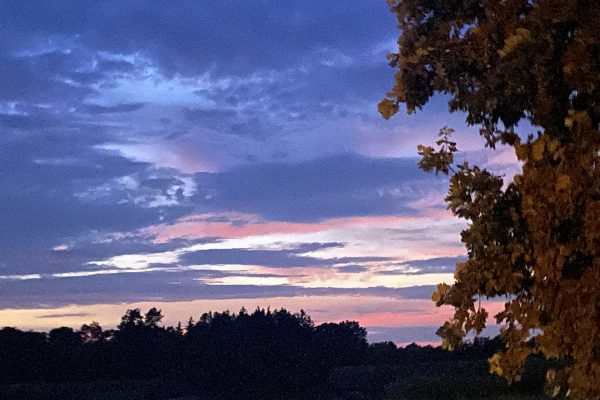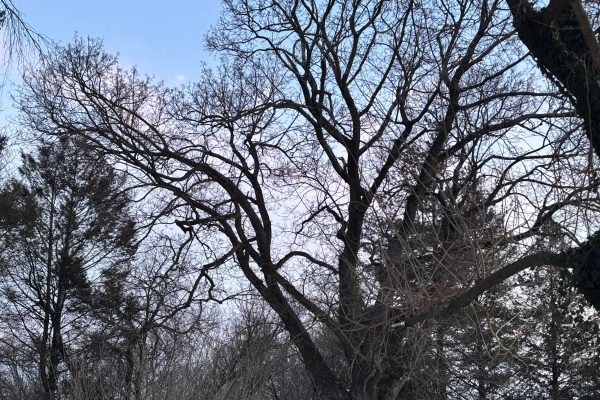The Horn of Africa is currently experiencing its worst drought in over 60 years, causing famine conditions in parts of Somalia and a growing refugee crisis as desperate people cross into Kenya in search of assistance. At least 12 million people in Somalia and in neighboring Kenya, Ethiopia and Djibouti are suffering from acute food shortages and malnutrition and tens of thousands have already died. Although the drought has been the immediate cause of the famine, it has been exacerbated by decades of conflict, poor governance and inequitable agricultural and macroeconomic policies. Let us take a moment to pray together for the well-being of the people of the region, and for the wisdom and strength to respond effectively to both the short- and long-term challenges they face.
Hamashiv haruakh vehamorid hagashem, God who causes the wind to blow and the rain to fall,1 your children cry out to you — “God, God, give us rain!”2 Send rains of blessing and bounty3 to our brothers and sisters in the Horn of Africa whose lives hang in the balance. For their sake and for the memory of those who have already perished from hunger and thirst, do not hold back water.4 Fulfill your words — open your hand to all;5 do not allow the righteous to go hungry.6
Hazocher Avot, God who remembers our ancestors, remember the cries of those who descended into Egypt to escape famine and walk with the people of Somalia as they journey long miles for sustenance.7 Spread over them a shelter of peace and keep them safe in their temporary resting places.8 Watch over your daughters, that they will be safe from attack; watch over your children, that they will escape disease. Grant that they will soon be able to return to their homes. Watch over and strengthen the hands of your messengers who toil on the ground to give aid. Do not allow us, the members of this holy congregation who assemble far away, to harden our hearts. Instead, open our ears so we hear the cries of those in need. Bless us today with the strength to support them in this hour of desperate need, and the endurance in the coming months and years to continue to work alongside them for justice, security and prosperity.
Hashomeah Tefillah, God who hears prayers, answer this plea, for your children are in great distress.9
1 Recited as a part of the amidah prayer during the season in which rain is needed
2 Talmud Bavli Ta’anit 23b
3 Mishnah Ta’anit 3:8
4 From ‘Geshem’, the prayer for rain inserted into the amidah for Shemini Atzeret
5 Psalm 145:16
6 Proverbs 10:3
7 Genesis 12:10, 42:2 and others
8 From the daily evening service
9 From the insertion to the amidah prayer for a fast day
2 Talmud Bavli Ta’anit 23b
3 Mishnah Ta’anit 3:8
4 From ‘Geshem’, the prayer for rain inserted into the amidah for Shemini Atzeret
5 Psalm 145:16
6 Proverbs 10:3
7 Genesis 12:10, 42:2 and others
8 From the daily evening service
9 From the insertion to the amidah prayer for a fast day











